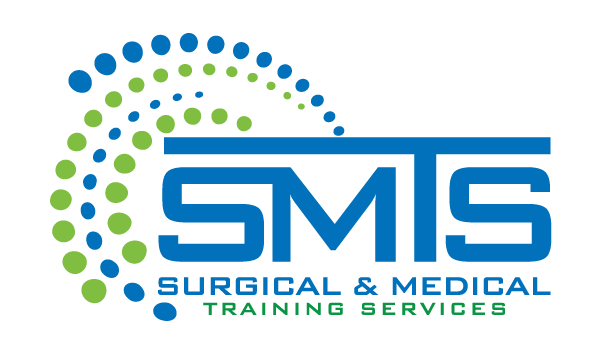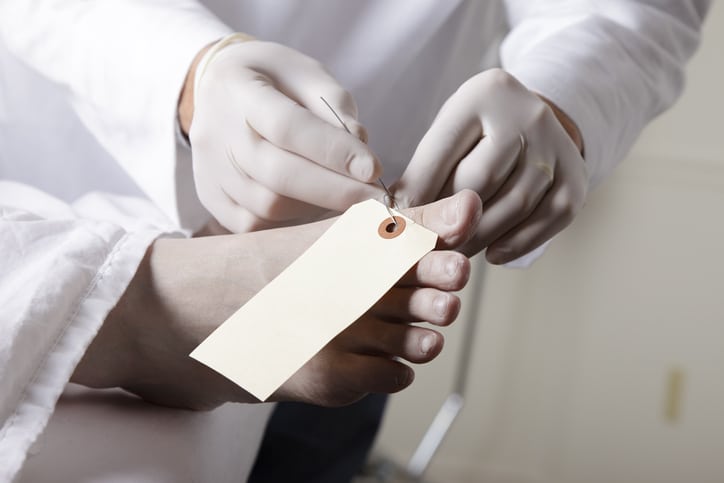As clinical medicine, including field medicine, has advanced and become more technological, students and instructors have faced nuanced challenges. Namely, does technology such as virtual simulation offer more benefit to those learning human anatomy than cadaver training? The argument for VR instruction has been strong. However, when we listen to students themselves, we gain clarity regarding the unparalleled value of donated human cadavers in all areas of medicine. Here, we’ll briefly discuss how an experiment performed at the Joint Base San Antonio-Lackland in Texas (AFNS) supports this training modality.
The cadaver lab experiment took place in 2016 in the Sustainment for Trauma and Resuscitation Skills Program, overseen at that time by Staff Sgt. Reginald Gilchrist. When conducting the program, Gilchrist explained the reasoning for cadaver-use in this way. He stated, “The high fidelity medical simulators we utilize during the course are some of the most advanced on the market, but still do not compare to working on cadavers.”
Multiple bodies of research have confirmed the benefits of cadaver labs for medical students, first-responders, and even medical device developers. Data from numerous studies and personal student accounts reflect the value of a controlled training environment. Students learning how to address human conditions, including traumatic injury, experience a gamut of emotions. Is it not better for them to do so in a safe place using a cadaver than in a critical situation?
In this way, virtual simulations simply cannot compare to the real-life scenarios faced by those on battle-fields and the streets, in which appropriate care is a life-or-death reaction.
When interviewed about the military cadaver lab in San Antonio, Gilchrist summed it up poignantly and directly, stating that, outside of working in a trauma unit, “most medics don’t get to observe and treat patients with life-threatening injuries until they deploy . . . Most will experience it for the first time when they get to a combat environment.”
REALISTIC TRAINING IS OUR PASSION
SMTS – Surgical & Medical Training Services is proud to have worked with the U.S. Army Special Forces Medics, the Ft. Campbell, KY. 101st Airborne Rangers, US MILITARY-1BN 1SFAB on Ft. Benning, GA, and civil first-responders across the country. We are proud to provide services that enhance the right people with the skills and technologies necessary to help improve performance and, as such, patient outcomes.
Our training set-ups provide the closest thing that medics, first-responders, and physicians can get to real-life scenarios. We utilize high-quality human cadavers donated for research and education, and arrange every aspect of planned events, including necessary PPE.
We are happy to answer questions about training services and mobile cadaver labs. Contact us here or call (888) 801-9444.

